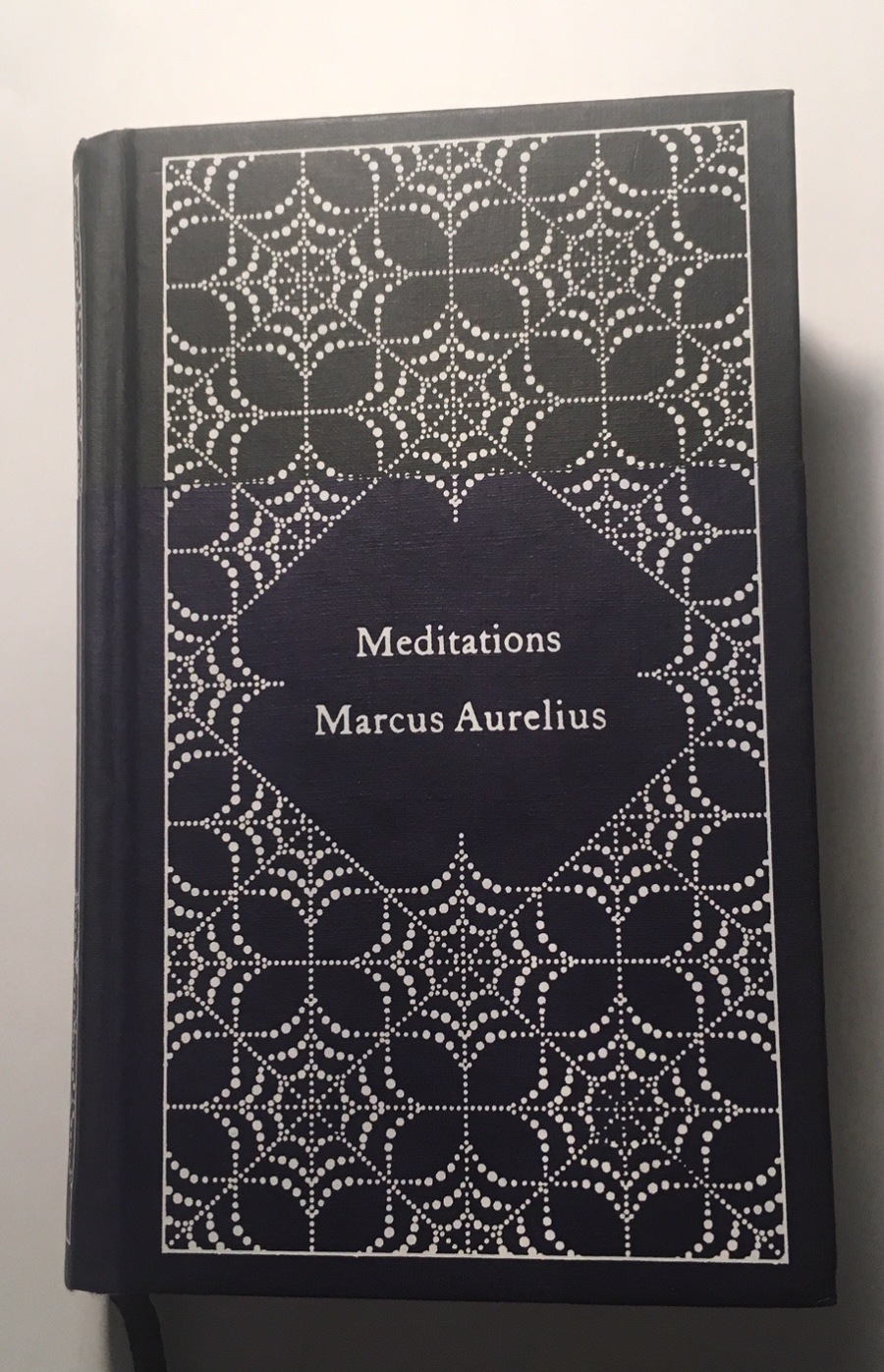Dumbing down

‘Common sense is not that common after all’ as the saying goes. And that’s all good and well when consequences arise in the course of daily life – we deal with it somehow. But when it occurs in the functioning space of the cream of our intelligentsia, those entrusted with demystifying the great unknowns and providing applications to enhance our lives, we have a problem. When one appreciates that vast sums of taxpayers’ and general consumers’ money is invested in these people and their institutions, there is naturally a certain expectation of return on investment (ROI). And so when that ROI is markedly deficient there must surely be cause for concern. Allow me to illustrate this situation by using examples from two diverse fields of endeavor, neuroscience and quantum physics.
The amount of money that has been spent on research related to Alzheimer’s disease over the past five years amounts to a whopping six billion dollars. The fundamental problem (pathology) of brains afflicted with Alzheimer’s disease appears to be the build up of Tau protein and Beta-amyloid. This was presumed to be the cause of the loss of function of the neurons (brain cells) and the resultant cognitive deterioration. And it was on this assumption that vast amounts of money were invested with all efforts directed at finding a drug to rid patients of these chemicals. But what if the build up of these chemicals was itself the result of some other primary process? That wasn’t considered. After all that investment and all that precious time spent seeking a way of diminishing the two presumed causes of the disease, they came up empty-handed! That’s really dumb. And these are the guys that we’ve entrusted to finding the cure for a condition that threatens to become the leading cause of illness and death in our time. Somehow these high level intellectuals have missed an important variable in the possible etiology of the condition – chronic inflammation. And preceding chronic inflammation and possibly triggering it, a mind state of hopelessness and helplessness – not perceiving purpose in life. There is abundant evidence in this regard. Simply, what you don’t choose to use, you lose! But then these researchers like many in other branches of science are limited in their perception to a linear, mechanistic world.
The narrow perception and interpretation of the researchers was borne out again by yet another 'revelationary' announcement recently in which was stated that brain cells that are at risk for developing into the Alzheimer's pathology were those that used less glucose!! Well perhaps they use less glucose because they aren't used that much anymore! Some hope however was discernible in current research in which it was found that those who suffer from significant inflammatory maladies in mid-life have a higher risk for developing Alzheimer's in later life. Perhaps this heralds the beginning of a more enlightened perception and understanding.
Let’s now turn the spotlight on to the weird world of quantum physics. This area of science is all about studying the fundamental building blocks of matter. In that minute space, matter and its energy equivalent are almost interchangeable – matter morphs into energy and vice versa. But another important variable becomes operative in that space – human consciousness. It has been shown conclusively that human consciousness when it engages with the quantum dynamic, has the intrinsic ability to shift the energy equivalent of matter into its particulate form. In other words, human consciousness has the intrinsic property of co-creating and materializing matter. So here comes the dumbest of all behaviors. Physicists in their exclusive clubs dream up theoretical particles in order to create models of reality. They then go and look for these particles by creating monster machines like the Large Hadron Collider (LHC), which had cost the taxpayer 13.5 billion dollars as at the time that the Higgs Boson was ‘discovered’ and thereafter costs 1 billion dollars per year to operate! But here comes the rub – bearing in mind that human consciousness has been shown to bring into reality the particulate form, does this monster machine really have an objective function? For if collective human consciousness is focused on a specific matter-energy-dynamic, knowing that human consciousness can materialize particulate matter, it follows that there will be a high probability of the ‘discovery’ of the particle - almost a self-fulfilling prophecy. So how do we differentiate between machine-generated reality and the reality generated by human imagination? The joke of course is that since the discovery of the God-particle, the Higgs Boson (which cost 13.5 billion dollars), there’s doubt that the particle is even that necessary for the Standard Model. ‘Higgsless’ models are now popping up all over the place. The billion dollar question then is what is there really to gain from this monster machine? Is it really going to add value to our lives and to the environment at large? And are these linear-thinking, mechanistically-based physicists equipped to deliver on all the money and confidence entrusted to them?
Perhaps the recent words spoken by Professor Stephen Hawking really typifies the shortcomings of contemporary theoretical physicists. Professor Hawking announced that there is no god or creator and nor is there any need for such an entity because the whole universe and all of life can be accounted for by the Big Bang and gravity!! But Professor Hawking, what created gravity and the Big Bang?? What he's actually saying is, give us the miracle of the Big Bang and gravity and we'll work out the rest! This is really dumb.
Talking about the value-add to life derived from the investment in physics research, let’s analyse the ROI derived from academic researchers and research institutions. I’ve done a little research myself. Herewith is a list of discoveries and inventions which derive from scientific research in multiple fields and which have enhanced our quality of life. The list delineates the year of the discovery/invention, the item, the name of the discoverer or inventor and most importantly the ‘*’ indicates if this discovery/invention arose out of an academic institution.
1939 – Helicopter, Igor Sikorsky
1940 – Silicone, Eugene Rochow
1945 – Microwave oven, Percy Spencer
1947 – Transistor, John Bardeen
1953 – Solar panel, Gerald Pearson
1960 – Laser, Theodore Maiman
1964 – Flat plasma display panel (PDP), Donald Bitzer
1966 – Compact Disc (CD), James Russel
1971 – Microprocessor (INTEL), Federico Faggin
1972 – The first active-matrix liquid crystal display (LCD) panel, Westinghouse
1972 – CT scanner, Godfrey Hounsfield & Allan Cormack
1973 – Cell phone, Martin Cooper
1975 – First PC, MITS Altair 8800 – IBM
1980 – Lithium-ion battery, John Goodenough, Oxford University *
1983 – First cellular network (US)
1977 – In vitro fertilization, Steptoe and Edwards
1977 – The first true all LED flat TV screen, J. P. Mitchell
1977 – MRI scanner, Raymond Damadian (based on the work of Lauterbur and Mansfield) *
1984 – First Multi-Touch Screen, Bob Boie
1989 – Bluetooth, Johan Ullman
1990 – World Wide Web (Internet), Tim Berners-Lee
1993 – Infrared neuronavigation system for brain surgery, Zamorano
1995 – Global Positioning System (GPS), US Military
1999 – WiFi, John O'Sullivan *
2003 – Human Genome Project *
Out of this total of 25 major discoveries and inventions, a paltry 4 items were derived from academic institutions. The rest were invented or discovered by private individuals and/or private companies. Another sobering finding derived from this list is that very few original discoveries or inventions have taken place over the past fifteen years. Observable development is really just existing technology replicating/enhancing itself.
My personal view is that academic institutions have become too rigid and cumbersome. They are also driven by multiple, often conflicting agenda’s which ultimately become counter-productive. Compounding this is the conservative nature of these institutions which tend not to stray from the accepted dogma of their respective interest areas. They will in fact frown upon radical new ideas which are inconvenient and threaten the ‘accepted’ theories and models. The final problem with academic institutions is the conspicuous absence of cross-field collaboration. By this I refer to the minimal collaboration that currently exists between very different branches of science. Practically speaking, collaboration leads to examining concepts in different contexts. This integration process enhances the universal authenticity of the concept.
Perhaps it’s time to address this issue as taxpayers, consumers and entrusting human beings. In many respects, the inner temples of individual scientific fields have become exclusive clubs where the sharing of ‘sacred’ concepts has become an end in itself, releasing the dopamine of gratification – a form of intellectual masturbation! This intellectual ’gang-bang’ is leading to a dumbing down of our development and I believe that the time has now arrived for serious review. For it is improbable that we will be elevated to a more enlightened, multi-dimensional paradigm with a greater value contribution, consequent upon the current work produced by many institutions which are mired in silo's of linear, mechanistic mediocrity.
Copyright reserved - Ian Weinberg 2017
Articles from Ian Weinberg
View blog
The post-dearth re-birth of mirth · As the sun rose it dawned upon me. When it set, I had no recolle ...

On the eve of Christmas 2020 it dawns that global confusion reigns supreme. Yes, there is the popula ...

A world bereft of virtuous leadership. A value system based upon consumerism, narcissistic gratifica ...
Related professionals
You may be interested in these jobs
-
SPARK Schools is a social impact disruptor leading change in the education space through its network of affordable private schools. · ...
Cape Town, Western Cape1 month ago
-
Recruiter: · Restaurant Staff · Job Ref: · RA136 · Date posted: · Saturday, February 21, 2026 · Location: · Johannesburg, South Africa · Salary: · R · SUMMARY: · Front of House Restaurant Manager - Alberton · POSITION INFO: · Very busy Restaurant in Alberton is looking for a fro ...
Johannesburg1 week ago
-
The position involves inspecting Reefer Containers at various locations in the Durban area, monitoring product temperatures at Cold Stores, supervising container loading processes, terminal monitoring of containers, completing documentation accurately. · ...
Durban1 month ago


Comments
Ian Weinberg
8 years ago#31
Sadly, too true Cyndi wilkins Here's an interview in which I articulated my points of view on the subject www.pninet.com/articles/Media3.pdf
Ian Weinberg
8 years ago#30
Sadly, too true Cyndi wilkins Here's an interview in which I articulated my points of view on the subject ttp://www.pninet.com/articles/Media3.pdf
Harvey Lloyd
8 years ago#29
I will have to say that trepidation has crept in when visiting doctors who seem all to keen in dropping you at the doorstep of many other specialists before they will even consider a diagnosis. But they are keen on fear therapy that motivates the new doctor visit or return to them. This is grossly general and i have found many doctors who support the old ways. But they, like me are not going to be in the game much longer. Maybe we should brain storm a general health elixir and get a wagon and horse. We could make millions.
Ian Weinberg
8 years ago#28
Harvey Lloyd when it morphed from healthcare to the healthcare industry, doctoring seriously deteriorated. For the most part it is now driven by the buck. Discerning management is being replaced by expensive surgical treatment and in many situations is also being driven by patients who expect a quick fix without taking much resonsibility for the condition or its outcome.
Harvey Lloyd
8 years ago#27
I merely see what shows up between the lines but can only imagine what you see. I would suggest that government systems in some form are producing major influences within the market. Couple this with capitalism and we have a ticking time bomb.
Ian Weinberg
8 years ago#26
Healthcare is pretty ill right now Cyndi wilkins If you only new the half of it! Yes a lot of great work is being done but in many other instances we've lost the moral and ethical high ground.
Ian Weinberg
8 years ago#25
Thanks for your input Robert Cormack Interestingly Johns Hopkins made their revelationary anouncement yesterday - they found that people with raised inflammatory markers in mid-life have a significantly increased incidence of developing Alzheimer's! This is 5 years after the initial findings were released revealing a chronic inflammatory component of Alzheimer's and prior to the blowing of 6 billion dollars on fruitless research. All this really boggles the mind.
Robert Cormack
8 years ago#24
Pascal Derrien
8 years ago#23
Ian Weinberg
8 years ago#22
Thanks for sharing those views Zacharias \ud83d\udc1d Voulgaris
Zacharias 🐝 Voulgaris
8 years ago#21
Ian Weinberg
8 years ago#20
Thanks for the comments Harvey Lloyd
Harvey Lloyd
8 years ago#19
Ian Weinberg
8 years ago#18
Valid stuff. Thanks Don Philpott\u2618\ufe0f
Ian Weinberg
8 years ago#17
Thanks for that Puneet Srivastava
Ian Weinberg
8 years ago#16
Thanks for that Sara Jacobovici Let us hope that there is a modicum of humility and flexibility in many of the institutions that causes them to pause and reflect and perhaps elevate themselves to a place of greater value contribution.
Ian Weinberg
8 years ago#15
Thanks @Sara. Let us home that there is a modicum of humility and flexibility in many of the institutions that causes them to pause and reflect and perhaps elevate themselves to a place of greater value contribution.
Sara Jacobovici
8 years ago#14
Helena Jansen van Vuuren
8 years ago#13
Ian Weinberg
8 years ago#12
Humbled - thanks for that Randall Burns Yes an 'academic' trod on my toes and a rant was inevitable!
Randall Burns
8 years ago#11
Ian Weinberg
8 years ago#10
Indeed Phil Friedman In this regard I would suggest that to provide a broader context, this article should be read in conjunction with one of my previous one's - https://www.bebee.com/producer/@ian-weinberg/mushroom-soup
Ian Weinberg
8 years ago#9
Thanks for that Jerry Fletcher Indeed.
Jerry Fletcher
8 years ago#8
Ian Weinberg
8 years ago#7
Saw it. Thanks.
Ian Weinberg
8 years ago#6
Thanks for that Phil Friedman Very valid point and I'm indebted to you for pointing this out. I would therefore add to my article on your prompt, that one should not 'pour out the baby with the bath water'! I subscribe fully to the scientific method, sense of logic and reason and the need to validate. It is really the substrate for investigation that needs to be broadened.
Ian Weinberg
8 years ago#5
Strong stuff Cyndi wilkins ... I'm carrying the banner. But if Academia takes me out, publish my work!
Joyce 🐝 Bowen Brand Ambassador @ beBee
8 years ago#4
The establishment? The establishment is humongous. Good luck with that. 😱
Ian Weinberg
8 years ago#3
Joyce 🐝 Bowen Brand Ambassador @ beBee
8 years ago#2
Have to agree with that, Cyndi.
Joyce 🐝 Bowen Brand Ambassador @ beBee
8 years ago#1